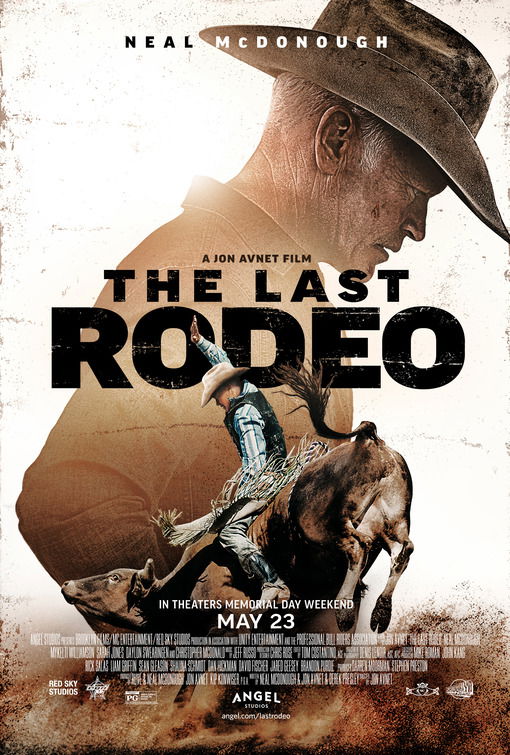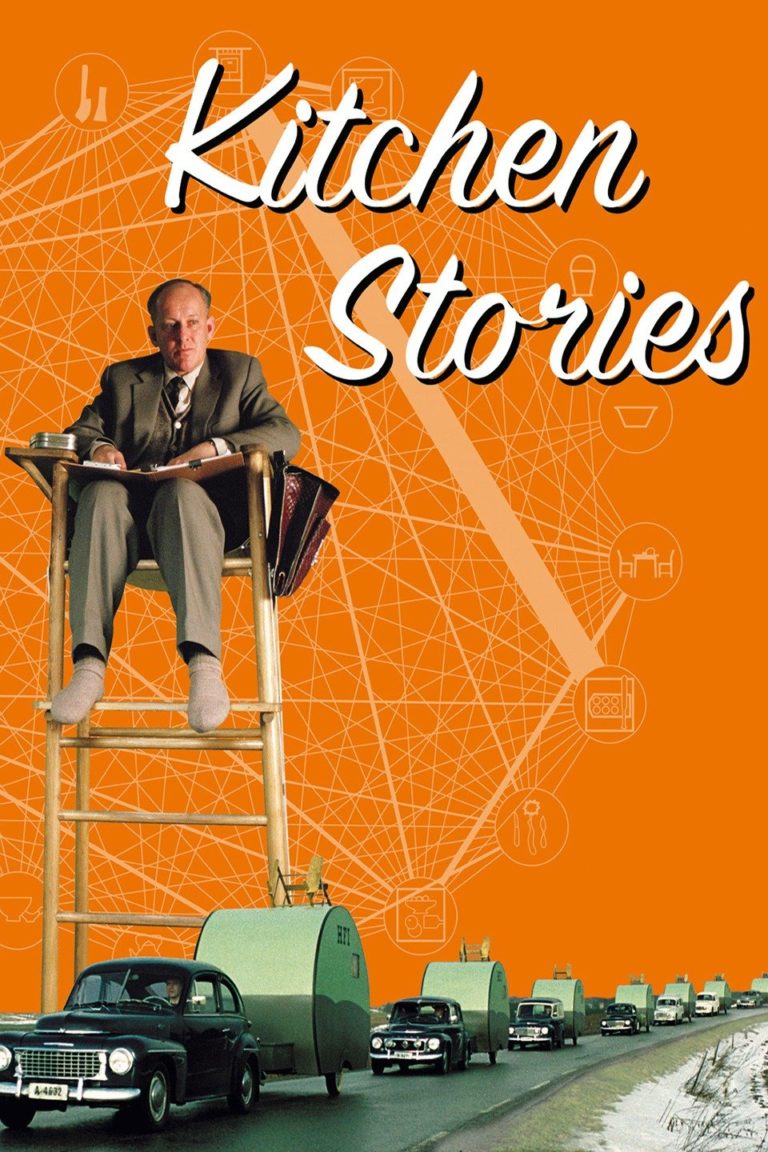“Observations of Friendship”

| None | Light | Moderate | Heavy | |
|---|---|---|---|---|
| Language | ||||
| Violence | ||||
| Sex | ||||
| Nudity |
What You Need To Know:
Though a slow-paced buddy movie may sound promising, KITCHEN STORIES is about as funny as watching water boil in a stove pot. The movie is nicely shot but has some foul language, implied sex, and a plainly humanist worldview.
Content:
(H, LL, V, S, N, AA, D, M) Humanist worldview loosely based on a 1950s study of bachelors in rural Norway; 16 mild obscenities, two profanities, and brief scene of man urinating outdoors; mild violence includes man’s fingers snapped in mousetrap, man gets minor burn on ear, neighbor attempts to kill sleeping man but a friend rescues the intended victim before he awakes, and a little blood shown coming from sick horse’s mouth; implied promiscuity; upper male nudity as man bathes in old tub; drinking and some drunkenness; smoking; and themes of lying, jealousy, and mild voyeurism.
GENRE: Comedy
More Detail:
A newsreel opens KITCHEN STORIES promisingly, touting the great contributions Swedish scientists have made in the modernization of daily life in 1944. It is now the early 1950s and a group of scientific observers are once again sent out to study kitchen traffic patterns, this time focusing on bachelors living in rural Norway. Each observer lives in a tiny modern camper next to his host’s home and spends his days sitting on a lifeguard chair-style pedestal in the corner of the kitchen, silently making copious notes.
One host is reluctant to participate in this study so his observer, Folke, is left waiting for several days in the camper while the old man, Isak, warms up to the idea of being studied. Finally, Isak relents and allows Folke to sit on his pedestal in the farmhouse kitchen. Isak does not appreciate being watched and changes his routine to avoid Folke’s silent voyeurism. Isak takes to cooking meals for himself in his upstairs bedroom and clearly relishes turning out the kitchen light on Folke as he leaves the room. Even conversations with friendly neighbors are cut short as Folke tries to observe normal life at Isak’s home.
Folke infers correctly that he is not welcome and tries to make the best of his difficult situation. Slowly and subtly, these two isolated men become good friends. Disregarding the imposed rules of the study, the men converse, then share drinks together, then begin to look out for each other. Isak helps Folke when he is sick, then later rescues him from physical harm intended by a jealous neighbor. The men enjoy long conversations together and, soon, the study becomes less and less important to either of them.
KITCHEN STORIES is supposed to be a tender, heartwarming story of friendship, but it doesn’t quite live up to its press. It is attractively filmed in the rural areas of Norway and the characters are interesting but not quite engrossing. The slow pacing is the greatest challenge of KITCHEN STORIES, and the payoff is, frankly, not worth the wait.
KITCHEN STORIES is a painfully slow buddy movie. Perhaps some of the comedy is missed by American audiences unfamiliar with the internal relations between Norwegians and Swedes. Perhaps there is not that much humor in KITCHEN STORIES after all. It is about as funny as watching water boil in a stove pot.


 - Content:
- Content: 


